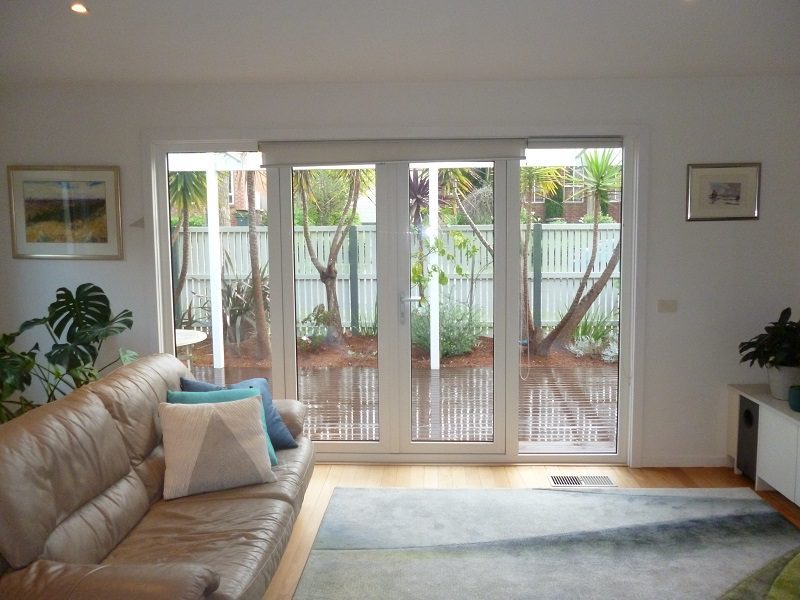All Categories
Featured
Table of Contents
Keeping Your Cool: The Benefits Of Double Glazed ... in Carramar Western Australia
That window can transfer more solar heat in winter than in summer. A west-facing window on a summer's afternoon has an angle of incidence from near 0 approximately 30 with a large reliable location of solar radiation. A north-facing window, in summertime, has a high angle of occurrence and a low reliable location of solar radiation, so can transmit less heat than a west-facing one.

However you can quickly and easily enhance the thermal performance of your house by replacing your windows. This is among the most reliable methods of renovation to attain enhanced thermal convenience. There are countless types of glass and frames to select from. Choosing the ideal ones is essential to enhancing the energy effectiveness of your home.
Upvc Double Glazed Windows Australia in Two Rocks Western Australia
There are various kinds of glass items to pick from. Single glazing uses a single pane of glass. Single glazing with clear glass is not really efficient when it concerns heat loss or gain. To improve performance, you can use single glazing with a more energy-efficient kind of glass such as low emissivity (low-e) glass.
The energy efficiency of IGUs likewise depends on: the residential or commercial properties of each layer of glass. Different glass types (for example, clear and low-e glass) can be put together in an IGU.
Double Glazed Windows Sydney in Carlisle Western Australia

IGU cavities can be filled with air or a more inert, low-conductivity gas such as argon the width of the cavity. Larger cavities provide lower (better) U worths, with 12mm generally accepted as the favored gap how well the cavity is sealed.
If argon is set up to the cavity in place of air, moisture is reliably left out the level of desiccant (drying representative). The spacer (metal or polymer strip) that separates the glass layers consists of a desiccant to absorb any wetness. Insufficient desiccant might trigger wetness to condense on the glass surface area in cold conditions, minimizing thermal performance.
4 Benefits Of Double Glazed Windows In The Summer in St James Perth
IGUs can deliver much better energy performance for all climates, specifically in heated and air-conditioned homes. Cross-section detail of single, double and triple-glazing units Low emissivity glass (commonly understood as low-e glass) minimizes heat transfer. Low-e glass may be either high or low transmission: High transmission low-e glass has a covering that enables daylight from the sun to enter the home to accomplish great solar heat gain, but decreases the amount of the long wavelength infrared heat that can escape back through the window.
Low-e glass has either a pyrolytic finishing or a vacuum-deposited thin film metal coating. Pyrolytic coverings are resilient and can be used for any glazing; vacuum-deposited finishes are soft and are only utilized within IGUs. Low-e finishings can substantially improve both U value and SHGC; nevertheless, they must be utilized correctly or they will either deteriorate or fail to perform as needed.
Canberra Window Replacement - Upvc Double Glazed ... in Langford Perth
Low-e coverings can be utilized in mix with clear, toned or reflective glass. Low-e coatings on glazing can lower heat transfer where needed Picture: Department of Market, Science, Energy and Resources Toned glass has actually colouring ingredients consisted of during manufacture. It is available in different colours, typically bronze, grey, blue and green.
Latest Posts
Window Glazing For Households - Energy in Millendon Western Australia
Best Double Glazing Brighton Archives in East Victoria Park Perth
Double Glazed Windows Sydney in Duncraig WA